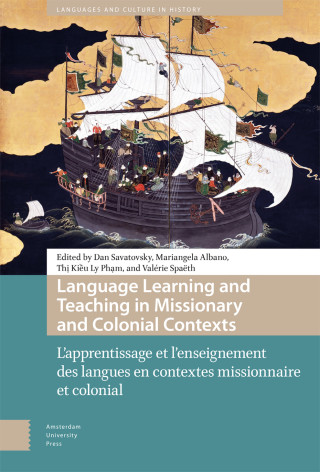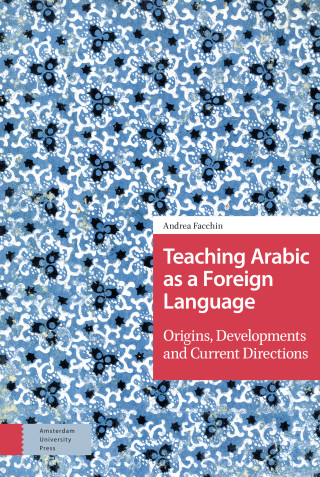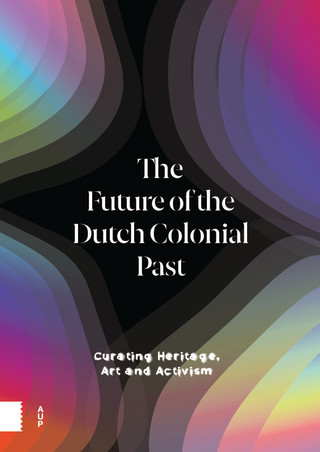Language teaching and learning were crucial to Europeans’ colonial, national, and individual enterprises in the Levant, and in these processes, “Oriental language teachers” – as they were termed prior to the Second World War – were fundamental. European state nationalisms influenced and increasingly competed with each other by promoting their languages and cultures abroad, by means of both private and governmental actors. At the same time, learning Arabic became more prominent around the Mediterranean. The first half of the twentieth century corresponded with the emergence of new media; language was thought of as a cultural product to be exported into new cultural spaces. However, many blind spots remain in the history of linguistic thought and practices, including the forgotten and neglected voices of those involved in learning and teaching Arabic. This volume aims to revisit aspects of this linguistic encounter, including its vision, profile, priorities, trajectories, and practices.





